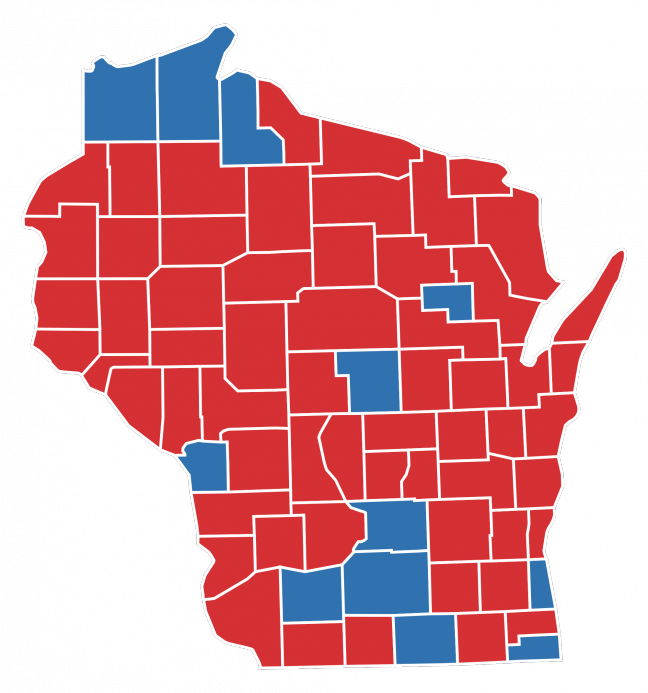At this point, I’m not really sure who Democrats intend to run in 2018 against Gov. Scott Walker. While there are a number of names who’ve come up as possible candidates, deciding who may be the best option among them is for another column.
But whoever it is that Wisconsin Democrats choose as their challenger to the governor in 2018, they probably shouldn’t be from Milwaukee or Dane County.
If you’re from the state and follow politics, you’ve likely heard the term “Madison liberal” or “Milwaukee liberal.” This is, for some in rural communities, a phrase meant to point out Democrats from the state’s two major cities who don’t understand the difficulties of living rural life.
Wisconsin political reporters hand down advice in turbulent times for journalism
They’re right, many of us don’t.
Frankly, there has been a lot of discussion on why Tom Barrett lost in his two races against Walker and why Mary Burke lost in 2014. While you can point to shortcomings in policy ideas or in the case of Mary Burke, a lack of political experience and charisma, I think the biggest reason Walker has won three straight elections is his ability to tap into rural voters.
Even though he’s from Milwaukee County (a county he ran into the ground, by the way), he has always postured himself as someone who gets the rural Wisconsin lifestyle. The governor rides Harley’s, hunts and really paints himself as a simple, everyday guy. That matters to people in this state.
Say what you want about the governor and his staff, but they’ve done exceptionally well portraying him in a way that Wisconsinites outside of Milwaukee and Madison can identify with.
Democrats simply have not. While Milwaukee Mayor Tom Barrett seems like an incredibly nice guy, he struggled to break out of the “Milwaukeean first, Wisconsinite second” mold that Republicans put him in. The same thing happened to Mary Burke, except in her case, it was that she was an out-of-touch, wealthy, Madison liberal.
What will it take for a progressive to win the governor’s race in Wisconsin?
People outside of Milwaukee and Madison just don’t seem interested in electing officials who do not understand rural life, regardless of political party.
It might seem remarkably arbitrary to folks from Milwaukee or Madison, but nearly half the population of Wisconsin is from areas other than the counties surrounding the state’s two metropolitan areas. They want someone who gets the struggles that come from living in places with underfunded infrastructure and education and low-paying manufacturing jobs.
Democrats are going to win Milwaukee and Madison regardless of where their candidate is from. Now, the focus might be best put back on finding someone who can fight to get votes back from rural Wisconsin.
Connor Touhey ([email protected]) is a senior majoring in political science, history and journalism.














